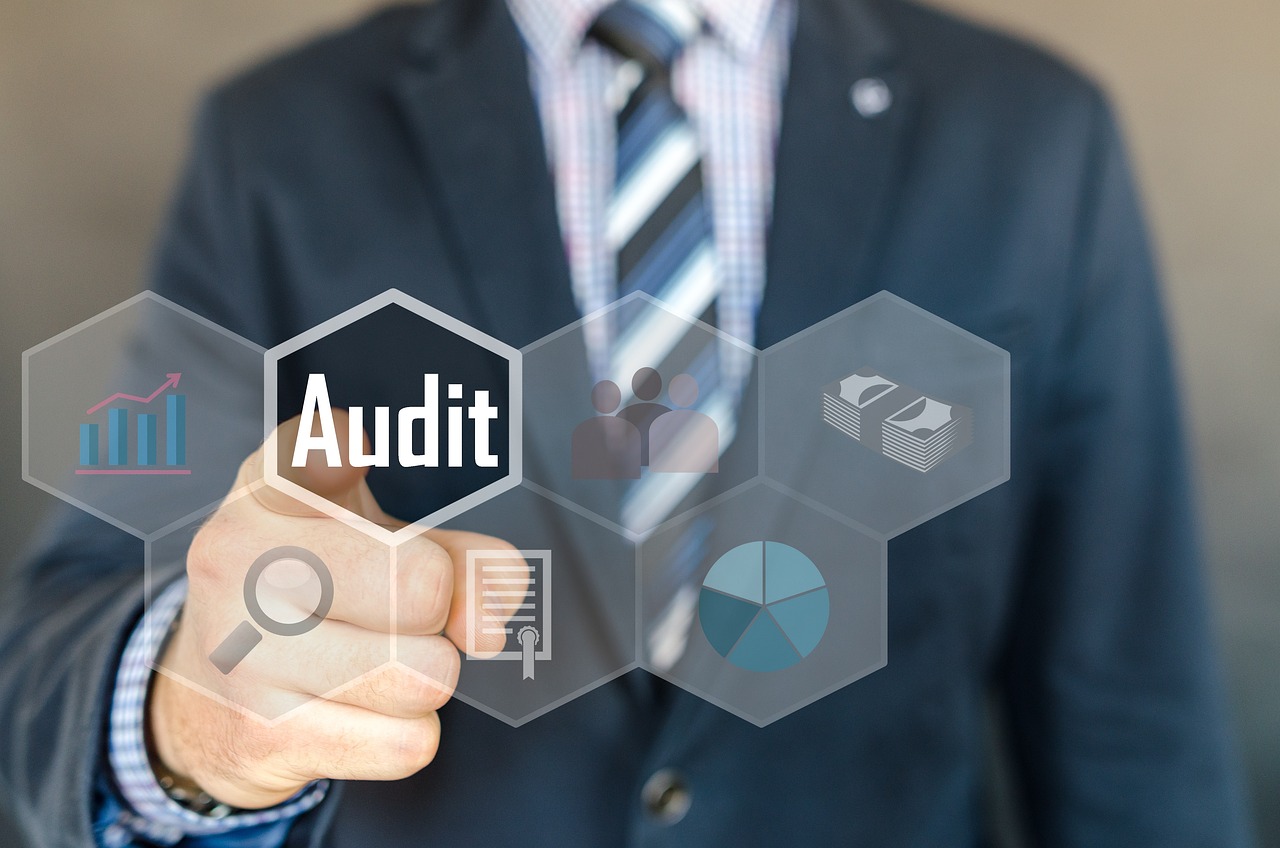
The Role of Compliance Audits in Real Estate Accounting
- December 22, 2023
- OHI

Introduction: Navigating Real Estate Compliance
Welcome to the intricate world of real estate accounting, where meticulous attention to detail meets stringent regulatory standards. Today, we embark on an explorative journey into the vital role of compliance audits in this dynamic field. This deep dive into the world of regulations, legalities, and numbers promises to be more enlightening than you might think!
Understanding the Bedrock of Real Estate Compliance
At its heart, compliance in real estate accounting is about adhering to a myriad of regulations that ensure trust, legitimacy, and financial accuracy. This is precisely where compliance audits come into play, serving as a critical mechanism in maintaining this delicate balance.
The Essence of Compliance Audits
Decoding Compliance Audits
In the realm of real estate, compliance audits are comprehensive evaluations designed to verify a company’s adherence to regulatory guidelines. These audits are crucial for ensuring that a company’s financial records and business practices comply with industry standards and legal requirements.
Decoding Compliance Audits
These audits are far from being mere formalities. They serve several critical purposes:
Impact of Compliance Audits on Real Estate Accounting
Upholding Accuracy and Transparency
Compliance audits are central to maintaining the accuracy and transparency of a company’s financial records. They are instrumental in identifying inaccuracies and ensuring that all financial transactions are recorded and reported correctly.
Mitigating Risks
Compliance audits are pivotal in identifying potential risks. By recognizing these risks early, companies can take proactive steps to mitigate them, safeguarding against legal penalties and enhancing their market reputation.
The Audit Process in Detail
Preparing for a Compliance Audit
A successful compliance audit begins with thorough preparation. This includes organizing and reviewing financial records, studying previous audit reports, and ensuring adherence to all relevant regulations and standards.
Risk Step-by-Step Audit Process
The audit process typically unfolds in several stages:
Technological Advancements in Auditing
Digital Transformation in Audits
Technological advancements have significantly transformed compliance audits, enhancing their efficiency and accuracy. Modern software tools can analyze large data sets, identify inconsistencies, and generate comprehensive reports with ease.
The Role of Data Analytics
Data analytics has become a game-changer in compliance auditing. It enables auditors to scrutinize financial data trends and patterns, offering deeper insights into a company’s financial health and compliance status.
Legal and Regulatory Landscape
Navigating the Legal Terrain
Real estate businesses operate within a complex legal framework encompassing property rights, zoning laws, taxation, and financial reporting regulations. Compliance audits are essential in ensuring that businesses operate within the boundaries of these laws.
Staying Ahead of Regulatory Changes
The legal and regulatory environment is constantly evolving. Real estate companies must remain informed and adaptive to these changes. Regular compliance audits are instrumental in identifying areas requiring updates to align with new regulations.
Future Trends in Compliance Audits
Anticipating Emerging Trends
The future of compliance audits in real estate is likely to be influenced by further advancements in technology, such as artificial intelligence (AI) and machine learning. These technologies will continue to enhance the efficiency and effectiveness of compliance audits.
Forward-Looking Predictions
We can anticipate a shift towards real-time compliance monitoring, using predictive analytics for risk assessment and adopting more sophisticated data analysis techniques in the coming years.
In summary, compliance audits are not merely regulatory obligations but are fundamental to the success of any real estate business. They ensure legal and financial integrity, foster trust among stakeholders, and position a company for sustainable growth in a competitive marketplace. In the complex world of real estate accounting, embracing compliance audits is undeniably a pathway to long-term success and reliability.
Contact us for a customized NO OBLIGATION proposal for outsourcing your accounting activities.









